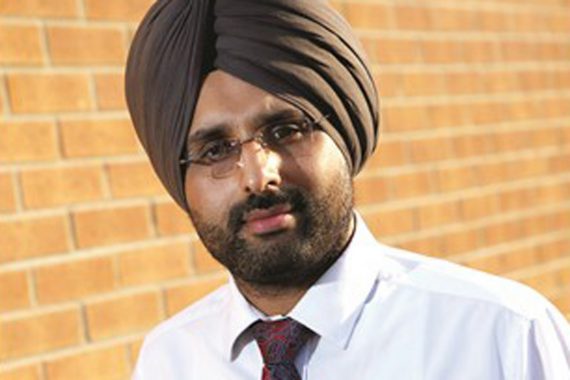Time to scrap CSA exams

It seems to be an annual ritual that we make a bit of fuss for just a week or so around why more BME doctors struggle with MRCGP exams, and then the issue is largely forgotten again.
This year, the unabated disparity between the pass rates of BME candidates and those of white candidates has been brought to focus by the threat from the British Association of Physicians of Indian Origin (BAPIO) to launch another judicial review. Meanwhile, the trainees continue to suffer and the differential attainment continues to be explained by officials under the garb of ’complex issues’.
It is not only those who fail who suffer. Most trainees, including those subsets who have high success rates, understandably spend a disproportionate amount of time worrying about passing. The exams are too expensive, with the costs running into thousands of pounds, which places immense strain on trainees and their families.
We continue to haemorrhage GP trainees at a time when the profession is on its knees due to lack of staff. There is untold hidden damage of discouraging doctors from taking the exam – who would have otherwise chosen or switched to general practice. It also continues to be a slap in the face of any aspiration of a fairer society amidst largely superficial talk about equality and diversity.
The RCGP has consistently failed to address the fact that BME people who are born in the UK and trained in this system continue to perform poorly. When alternative formats to MRCGP have been suggested in the past, it has been argued that this would be a compromise to patient safety, when there is no evidence that the new format has resulted in safer or better doctors, especially when we have thousands of our colleagues who qualified before this format was introduced and continue to provide excellent care.
Those at the helm of the RCGP appear happy to accept a lack of GPs, and surgeries and out-of-hours services collapsing. Little has been achieved since the BAPIO brought court action against the RCGP, although the judge clearly said that something needs to be done.
Let’s hope it doesn’t take another prolonged judicial battle for some concrete action
On the contrary, the gap in exam pass rates has only widened. It is simply baffling and disgraceful that our future BME generations will have a higher failure rate under the existing system, despite being born and educated in this system.
Calls to look at alternative exam formats have gone unheeded, but it really is a serious crisis that directly affects patient safety. The BMA has made some noise about this, but despite so many being directly affected by the issue, the bonhomie continues.
Any GP trainer can tell you about what is wrong with the current format. Aspirational topics with little relevance to real general practice, such as complex statistical questions focused on memorising guidelines and an overemphasis on communication skills.
The solution is not difficult. It is time to scrap the existing format. Even the former chair of the college, who had termed the issue as ‘noise in Pulse and on Twitter’, has called for the Clinical Skills Assessment to be scrapped. We need to rely more on real-time feedback, trainer assessments and options such as simulated or video surgery-based assessments.
The bar at which MRCGP exams are set isn’t reflective of the day-to-day routine of general practice. To make matters worse, general practice is the only speciality where we have a final exam. Unlike in other specialities, GPs can’t practise unless they pass this.
This is a huge impediment to recruitment that requires urgent review. This is the least we can do for the sake of our patients, who are faced with either being unable to see a GP at all or lengthy waits to do so.
The exam format needs an overhaul not only to create equity of opportunity between BME and white candidates – but to reduce the risk to patient safety from the understaffed GP workforce.
So it is due to the risk to patient safety that this format needs an overhaul. It is at our own peril that we continue to ignore a major issue that has knock-on effects on recruitment and retention.
Let’s hope it doesn’t take another prolonged judicial battle for some concrete action.
Dr Kamal Sidhu is a partner and trainer at Blackhall and Peterlee Practice and New Seaham Medical Group; chair at South Durham Health Community Interest Company; and vice-chair at County Durham and Darlington LMC. He writes in a personal capacity.









